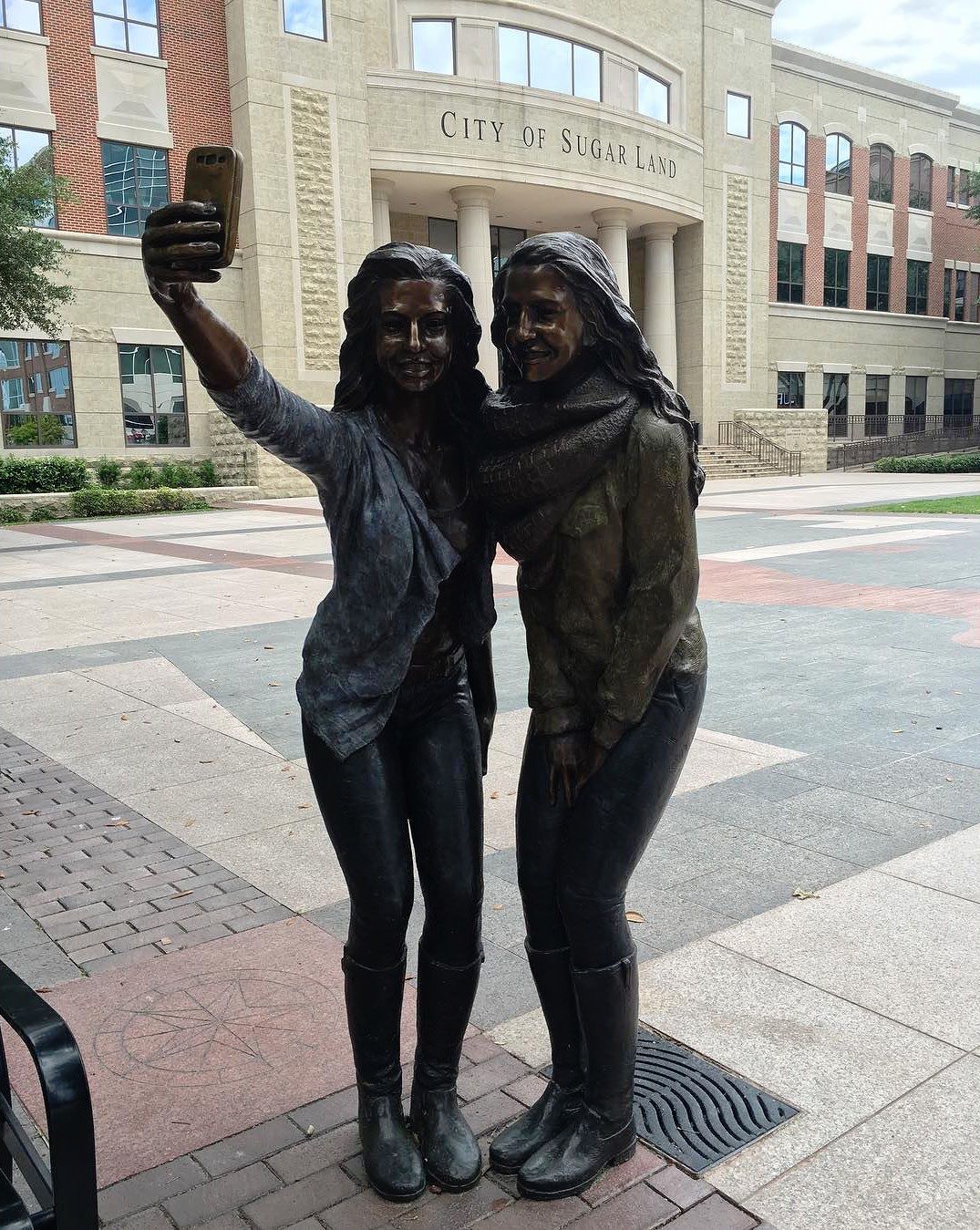The philosopher, as philosophers should,
sits in the light from a leaded window.
His robe and beard are long and clean;
he writes on costly paper with a pen.
He is rigorously subtracting
God from all prior metaphysics
(the thick books piled before him on his desk)
to see what might be salvaged and made whole.
Without word-processing,
he must grind each sentence like a lens
or gem, fit it to those before, look far ahead
before he writes; the page allows no error.
He will work while the light and his eyes last,
gazing at times at hills
that are bare but green, with scattered trees.
Unbeknownst to him though suspected,
it is I he consults
to perfect each thought and I who cheer him on.
Across the fields the peasants stare
at the rear ends of oxen.
Men and women work together,
husbands sober, wives not beaten.
Stolen by neither priest nor lord,
their grain is kept for times of drought,
and doctors, teachers, engineers
stand ready for their need. So that
the dream of profit, which they always knew
was silly, fades into
a comfortable chronic bitterness,
the sort that keeps one going. It lives
with God, Who is mourned like a lost vendetta;
and a vision of tractors,
combines, which would let at least
the unnecessary young
leave for the safe, museum-laden,
somewhat monochrome cities.
The soldiers in their barracks hear,
besides the evening bugle,
at times a ghostly bell.
It strikes them as understandable,
for guns have melted
and they drill with wooden swords.
They drill for the sake of beauty,
the trope of unified will.
In fire, earthquake, hurricane, tsunami,
madly selfless, they are there,
and gather lists of mourners and survivors
to whom they write, for whom they henceforth care.
Their talk is, like their lives, austere,
abstemious. They’re grateful
for whatever love they find; they contemplate
their few possessions and the elegiac
void of the parade ground, which
they could leave at any time, but to go where?
Before the eyes of the philosopher,
an ethics rises. (I direct his gaze.)
Syncretic, existentialist, it reduces
consciousness to acts of choice and won’t
exactly correspond
to any living moment; which may, he considers,
not be a major argument against it.
An especially coherent flight
of birds circles
one of the distant trees. Letters come;
he disregards them. Somewhere beyond
his study, a phone rings, but since
there are no phones, stops.
He recalls the ancient riddle
about a thing the blind man saw, the deaf
man heard, the cripple ran away with; the answer
is a lie, but the philosopher wonders
if it might not be freedom.
- Frederick Pollack
Author of two book-length narrative poems, THE ADVENTURE and HAPPINESS (Story Line Press), and a collection, A POVERTY OF WORDS (Prolific Press). Another collection, LANDSCAPE WITH MUTANT, to be published in 2018 by Smokestack Books (UK). Many other poems in print and online journals. Adjunct professor creative writing George Washington University, Washington, DC.





